Im Rahmen des Projekts „PARATAXE – die internationalen Literaturszenen Berlins“ fand am 23. November 2018 das Symposium „Berlin POLYLINGUAL – Die translingualen und interkulturellen Autor*innen Berlins“ im Literarischen Colloquium Berlin statt. In drei thematischen Panels diskutierten Autor*innen, Wissenschaftler*innen und Literaturaktivist*innen über „Die Stimmen Berlins“, „Falsche Freunde“ und das „Berliner Futur“. Die Literaturwissenschaftlerin Anne Fleig sprach … weiterlesen
Berliner Futur





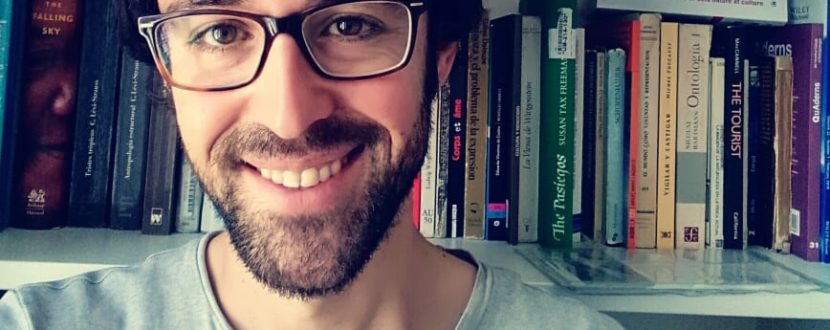

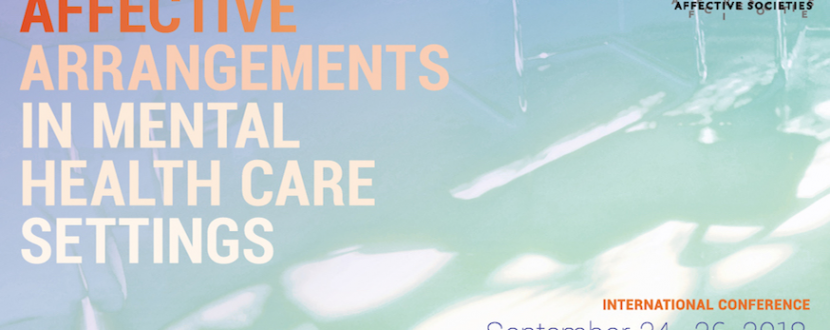
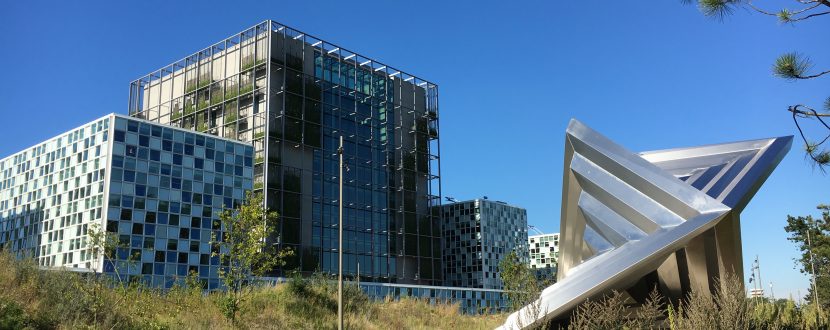
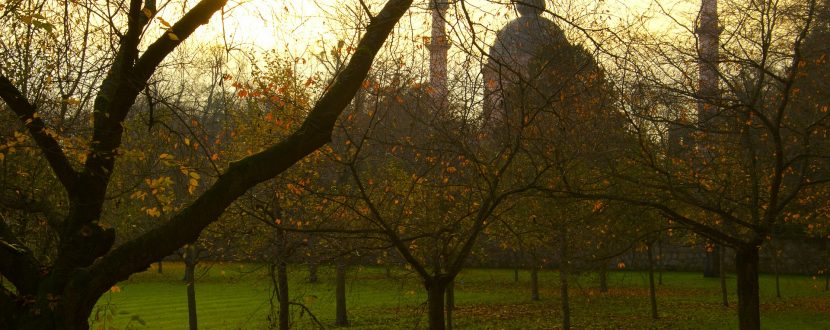

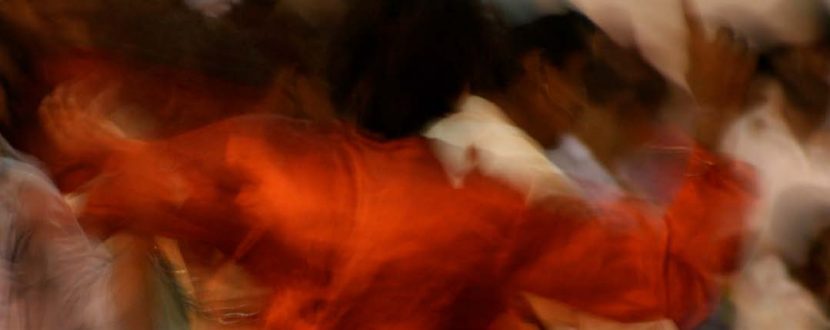
 ältere Posts
ältere Posts